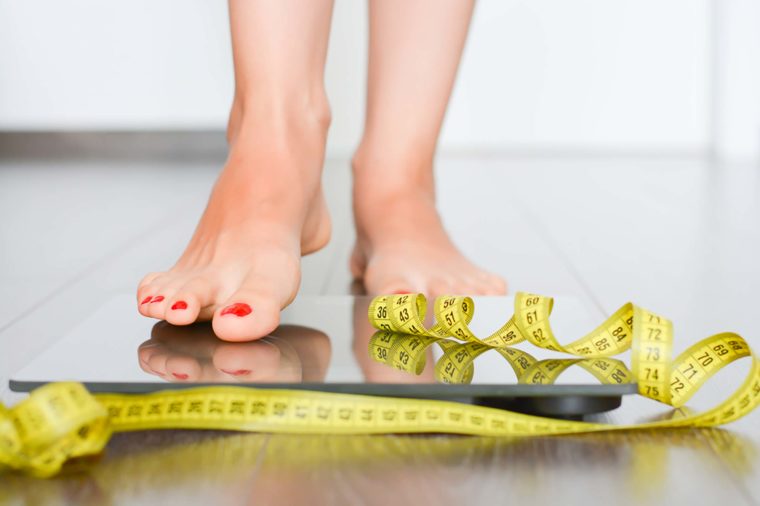Fiber is an indigestible carbohydrate that your body needs to function properly. If you do not get enough fiber, your body will tell you.
Fiber requirements vary with age and gender. Here are the recommended amounts of daily fiber:
Including fiber in your diet is not a big problem because a fiber is found in sufficient quantities in fruits, vegetables, whole grain products and dried beans. But many people are unaware of the importance of fiber and end up eating much less than their bodies need.
Eating a high-protein, low-carbohydrate diet can reduce fiber intake. Fiber may also be lacking in their diet if they eat mainly processed and refined carbohydrates, such as white bread, regular pasta, and snack foods.
Low fiber intake can lead to different problems in the body, which can often be corrected simply by eating the right amount of fiber.
Here are some of the signs that your body wants you to eat more fiber.
Table of Contents
1. Constipation
Constipation is the classic sign that you are not eating enough fiber. You suffer from constipation if you have less than three stools a week or if your stools are hard, dry and difficult to pass.
Adding more fiber to your diet can help with constipation. Fiber helps to form loose, bulky stools, relieving and preventing constipation. Larger, softer stools help keep you steady.
In addition, fiber is good for your overall intestinal health.
2. Weight Gain
If you do not get a lot of fiber in your diet, it can contribute to weight gain. As the fiber swells, it leads to the feeling of fullness when you eat. This, in turn, prevents overeating.
Plus, because fiber-rich foods take longer to chew, you end up eating less food per meal. In addition, high fiber foods tend to be water-rich and low in calories.
 3. Raised Cholesterol
3. Raised Cholesterol
If your cholesterol is high, one reason may be low fiber consumption.
Fiber helps lower triglycerides and increases high-density lipoprotein (HDL) levels by eliminating excess cholesterol that your body does not need.
High fiber foods can also have other benefits for heart health, such as lowering blood pressure and inflammation.
4. High Blood Sugar Levels
If you have diabetes and find it difficult to control your blood glucose, you need to monitor your fiber intake closely.
Fiber, particularly soluble fiber, delays the absorption of sugar from the small intestine into the bloodstream, which increases the blood sugar level more slowly. This, in turn, helps control blood sugar levels.
5. Feeling Sleepy After Meals
Eating a large meal can make you feel sleepy, but if you need a nap after a meal, chances are you do not eat enough fiber.
Fiber is essential to keep your blood sugar levels stable. When you eat a low-fiber meal, your blood sugar will increase faster. It can make you lethargic or tired, and you’ll need a short nap to recharge your body.
6. Feeling Bloated
If you do not eat a lot of fiber or eat the wrong food combinations, chances are you feel extremely uncomfortable and swollen.
Insufficient fiber intake causes bloating because the fibers regulate your digestive system and ensure that your food passes smoothly and regularly into the intestines. A low or insufficient fiber intake can affect the digestive process and, in turn, cause severe bloating and gas. However, be aware that high or excessive fiber intake can also make you feel swollen, especially if you do not drink enough water to which the fiber binds.
Due to bloating and gas, you may also have a stomach ache.
7. Feeling hungry soon after eating
High fiber foods help you stay satisfied and keep you from feeling hungry until the next meal. In particular, foods rich in soluble fiber absorb water in the digestive tract and create a feeling of fullness. This is one of the reasons why it helps you stay full longer.
In addition, fiber slows the absorption of food that you eat from the stomach into the bloodstream.
On the other hand, eating low-fiber foods, such as highly processed snacks, will leave you very dissatisfied. This will result in a feeling of hunger shortly after you finish eating.

